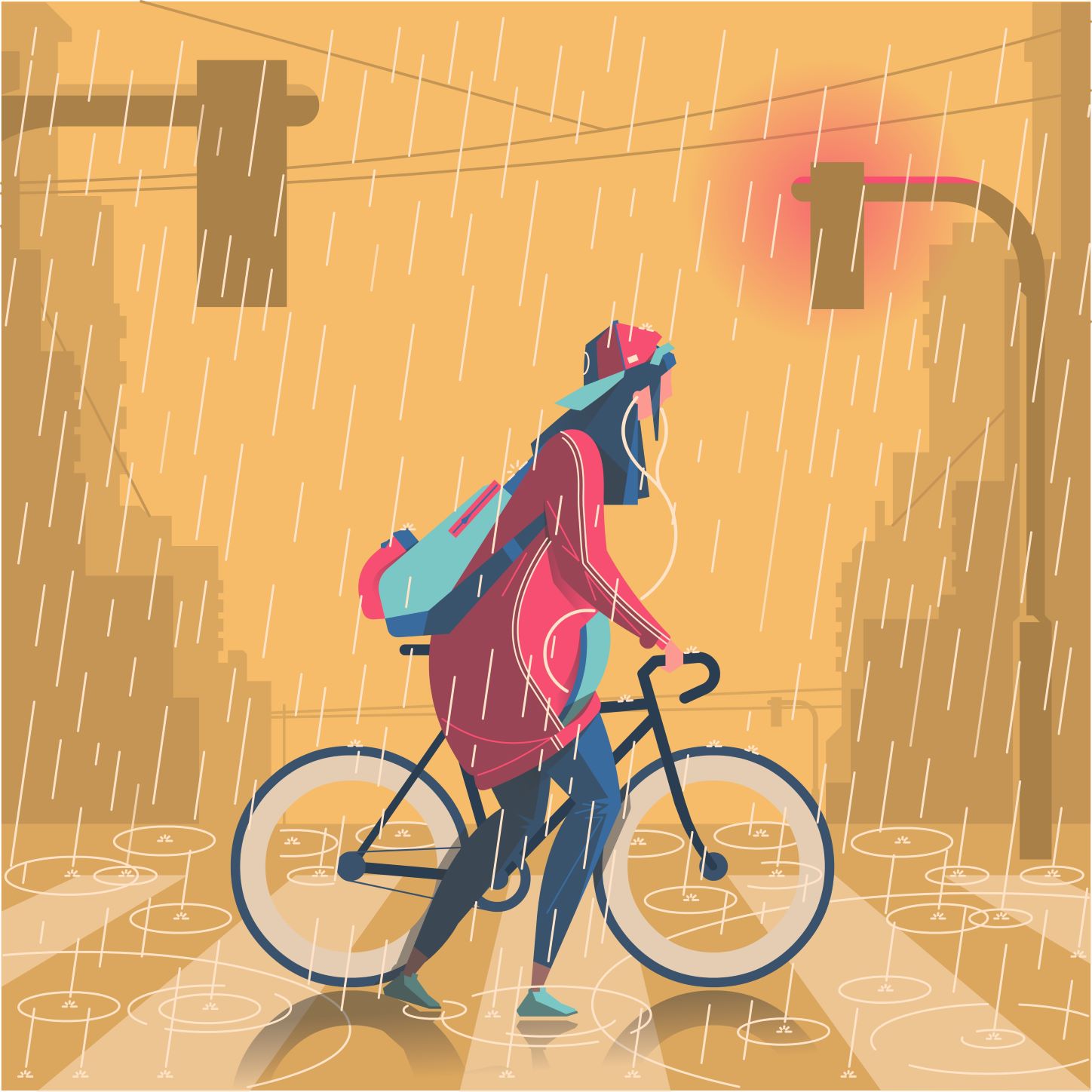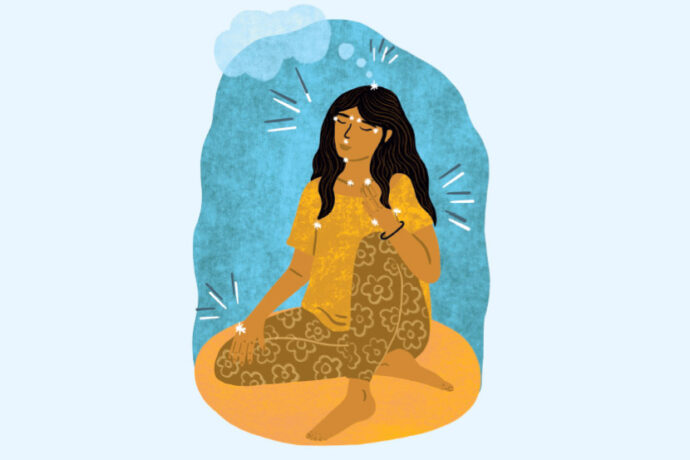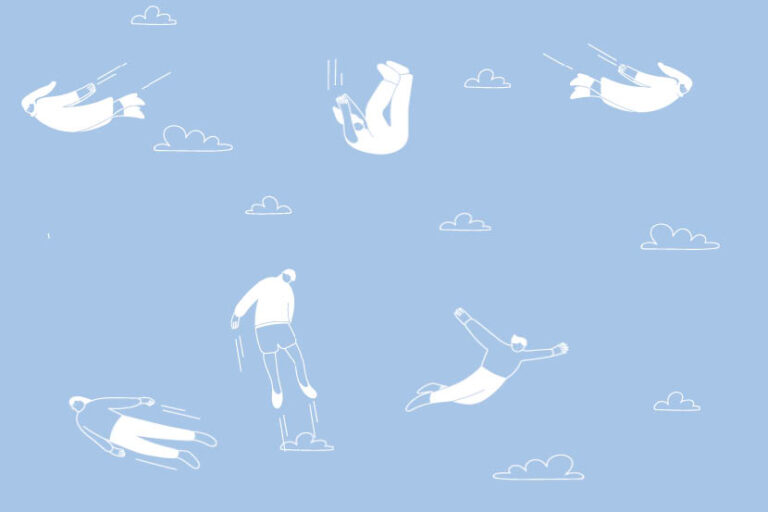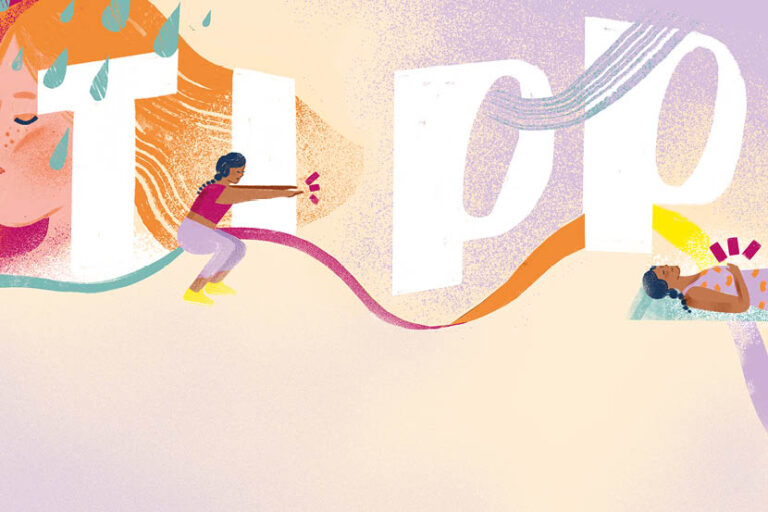
Ever blame the dog for eating your homework or a sibling for kicking a ball through a window?
Passing the blame often starts at an early age. Whether it’s to escape the wrath of a teacher or parent, or to preserve self-esteem, it seems easy to attribute your flaws and failings to someone or something else.
You’re late for work, so you decide it’s the bus driver’s fault for getting stuck in traffic; you burn your toast, but snap at your partner for distracting you; you turn up soaked when meeting a friend and berate the weather. Some days, pointing the finger of blame in a particular direction seems the best way to deal with shortcomings. However, you could have left home 20 minutes earlier, kept an eye on the toaster, and packed an umbrella. Is it time to accept accountability?
As Winston Churchill said when receiving his honorary degree at Harvard: ‘The price of greatness is responsibility’. People who blame others for their mistakes learn less, lose the respect of others, and rarely achieve their potential. When you take ownership for slip-ups or oversights, success often follows. ‘Take accountability,’ agrees Steve Maraboli, a US-based behavioural scientist, motivational speaker and author. ‘Blame is the water in which many dreams and relationships drown.’ If you’re not insisting someone or something else is at fault, what can you do?
Focus on learning
Everyone makes mistakes, it’s part of life, but not everyone has the courage to admit they were in the wrong. If you accept that you’re responsible for your actions and that the reason you didn’t get a new job was down to your lack of preparation rather than the interviewer’s poor questions, this proves you’re adaptable and willing to learn and move on.
There’s no need to punish yourself or feel that a failure highlights a character weakness or lack of ability. Instead, turn imperfections into opportunities. If you become more aware of possible consequences to actions, good and bad, then you’ll make better judgements in the future. Accepting blame demonstrates level-headedness and inner strength – traits that tend to earn respect.
Stay in control
The minute you pass the buck and place blame on someone else, you also pass them power. Inadvertently, you’re allowing them to take control of a situation – and, to a lesser extent, of you. This can make you more vulnerable and open to further criticism. Not taking responsibility may initially feel more comfortable and less demanding, but in the long run there could be a price to pay. If you accept the blame and appreciate that you could have acted differently, you hold onto the reins.
Focus on what’s important
When you want to protect your pride, it’s easy to blame someone else for a mistake, especially if they’re not around to defend themselves: ‘I didn’t jam the printer, Alex from HR was using it earlier’. But lying, or being economical with the truth, might make you feel guilty and this could gnaw away at you. Crossing your fingers and hoping no one will find out the facts won’t accomplish anything. Own up and those agonising, guilty feelings will subside, allowing you to concentrate on more important matters.
Enjoy happier, healthier relationships
If you’ve a tendency to blame others for the slightest infraction, chances are you’ll lose friends. Few people relish spending time in the company of a person who is destructive, causes hurt and refuses to see their own flaws. It’s understandable that loved ones, colleagues and acquaintances will give you a wide berth if you frequently criticise or even condemn – they’ll be wary of what you might do and wondering when you’re going to implicate them again.
If you are accountable for your own behaviour, relationships can flourish. Being honest and open about human fallibility facilitates stronger connections and improves your credibility. It bonds people together.
Boost wellbeing
You may think that letting yourself off the hook for your faults will make you feel good, but the opposite can happen. Making excuses or fretting over who to blame can perpetuate problems – they won’t miraculously disappear. Instead of casting assertions, use your energy and time to focus on fixing yourself. What did you do that delivered such a disappointing outcome? What can you do differently next time?
People can get stuck in a rut, but if you accept responsibility and explore other options, new, and perhaps more fulfilling, experiences may present themselves. Doing this can promote a more active mind, reduce stress and foster resilience. You’ll feel uplifted and revitalised.
End negativity
If your default action is to unfairly accuse or rebuke others whenever a problem arises, then it’s probable you’re someone who sees the world in a negative light. Saying “it wasn’t me” becomes second nature, but it’s unlikely to improve a situation. If you’re unhappy or dissatisfied with aspects of your life, don’t play the blame game. Instead, try to use your initiative, think positively and make changes. And if you’re willing to accept responsibility when things go wrong, then surely it’s acceptable to take the credit when all is well – and that’s a lovely feeling.


















